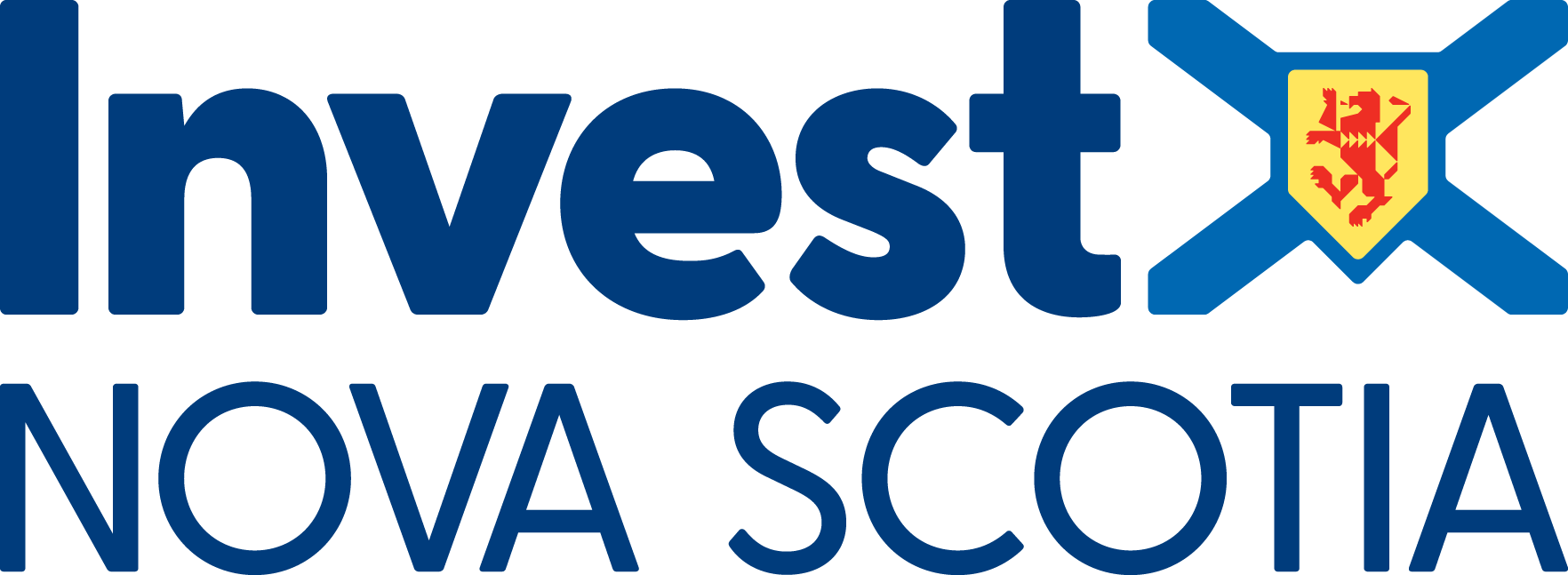Capability and Flexibility: Selling to the Aerospace and Defence Market
Monday, August 28, 2017
Peter Studer has been involved with Aerospace and Defence (A&D) procurement for almost 40 years. For the first 32 years of his career, he held progressively senior positions with the Department of National Defence and Atlantic Canada Opportunities Agency (ACOA).
Peter has worked on many major military procurement programs over the past three decades, including the Maritime Helicopter Project, the acquisition of the CH-146 Griffon helicopter, Halifax Class Modernization, Joint Support Ship, and Victoria Class In-Service Support contracts, the Coast Guard Fleet Renewal, and the National Shipbuilding Procurement Strategy.
Now working in the private sector, Peter shares his knowledge, experience, and connections with businesses to help them enter the global A&D market.
What are the opportunities in A&D today for Nova Scotia businesses?
You have to look at things from the perspective of the three military services.
- The Army has set its land vehicle platforms: a tank, an armoured patrol vehicle, and an armoured personal carrier, for the foreseeable future.
- The Air Force has an ongoing new fighter program and a major future pilot training piece coming.
- With respect to the Navy, the major future platform, the Canadian Surface Combatant, is coming, and as we know, Nova Scotia has a significant piece of that.
There are also opportunities growing in niche capabilities – sensors, command and control systems, and specialized equipment. These capabilities address emerging military requirements in the space domain, cyber warfare, and C4ISR. I believe many Nova Scotia companies are well-positioned to pursue these opportunities.
What advice would you give a start-up company in the A&D sector?
There are a few things a new entrant should consider before entering the sector. First of all, the sector is driven by government contracts – especially on the defence side. These procurement cycles can be very long and it is important to understand the investment required to pursue them, and the effort required to navigate bureaucracies and processes. Be flexible.
Second, look at recent defence policy to see what priorities are funded. The Defence Acquisition Guide (DAG) is another source of information but should be treated with care, as some programs in the DAG may not eventually move forward for various reasons. Bottom line - focus on your real fit, identify who you need to talk to, and proceed in a logical direction.
The third is what we call the “price of admission.” Get the certifications needed for doing business in the sector. This could be ISO or Controlled Goods certifications, for example. It can be very difficult to move forward without these, and there can be a significant time investment involved in attaining them.
Finally, with respect to exports, each country has a different procurement culture with different rules and contexts. Seek advice and know those rules to best understand what you’re getting into. This is where someone like NSBI can help.
Nova Scotia attracts globally recognized companies working in naval defence, shipbuilding, sonar and sensing, in-service support, cyber security and training and simulation. Learn More
What can a business do to prepare for DEFSEC?
DEFSEC is the second-largest defence show in Canada, and tends to be focused on a particular area or capability. For the past few years, it’s been very big on naval and marine, which is not a surprise with the work Irving is doing. Make sure DEFSEC is a good fit for what your company does.
Another thing to consider is what you are trying to get out of DEFSEC. For example, DEFSEC is very good for B2B meetings. Do you want to sell something or are you looking for partners or investors? The CARIC Connector event is a great opportunity to show yourself off or see people you might want to work with. It’s a great place to get an idea of what’s going on.
The last thing I’d suggest is doing your homework to get the most out of your investment. Go through the exhibitor list and choose people you want to see. Do some research on the people and see if you have any connections with those companies. Decide what events you want to attend, such as the dinner. The more preparation you do, the better the outcome will be.
How has the Shipbuilding Strategy changed the A&D business environment in Nova Scotia?
It will have a tremendous impact. It’s clearly good for the region.
I’m oversimplifying, but there are basically two elements to the CSC shipbuilding project. One is the metal cutting, precision machining, sourcing of ship systems and assembly of the ship. The other is the whole combat systems integration and defence electronics side. There are definitely opportunities for Nova Scotia businesses in both elements.
Defence budgets have been shrinking, and the industry is beginning to look into other markets. There’s potential for companies to get into dual use technology, say in oil and gas or renewable energy. Sonar is a perfect example. The military uses very high-end sonar to find submarines. There are also many commercial applications for sonar. Depending on who you are and what you do, you have to find a way to work both markets.
I believe institutions like the Institute for Ocean Research Enterprise (IORE) and the Centre for Ocean Ventures & Entrepreneurship (COVE) are very important for Nova Scotia companies. They have potential to bring other people into the sector. If you’ve got applicable intellectual property, what’s going on under these initiatives is very relevant to your domestic and export opportunities.
What strengths do Nova Scotia businesses bring to A&D?
Businesses here are flexible and incredibly capable. If they need to be aerospace and defence one day, and commercial the next, that’s what they do. They have the ability to straddle both worlds and they do what they have to do to get the job done. They partner, they innovate, whatever it takes. I keep meeting interesting, clever businesses and I love to see what we can do to help them get along.
A Global Advisor, Peter Studer is one of more than 2,000 proud Nova Scotians, friends, alumni and expats involved in ConnectNS. Learn how you can get involved.




